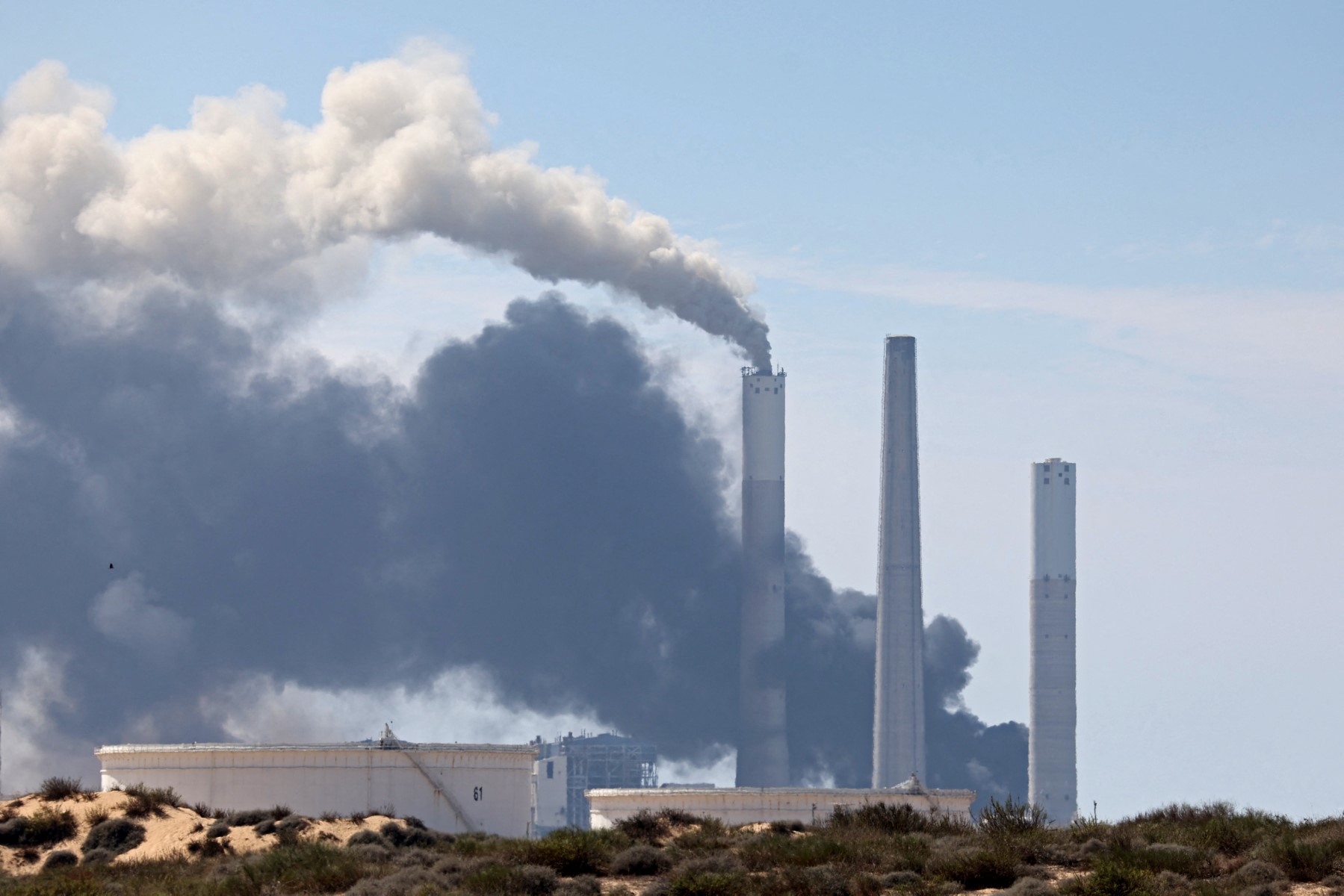Paris, France–Past and future hosts of the UN climate negotiations the United Arab Emirates, Azerbaijan and Brazil announced Wednesday they would cut their own emissions in line with limiting global warming to 1.5 degrees Celsius.
Nations have been under pressure to keep this warming limit alive by pledging to accelerate their efforts to slash greenhouse gas emissions in a new round of climate pledges due in the coming months.
The United Nations climate chief last week stressed that the new round of commitments — as well as upgrades to existing pledges for this decade — were essential to keep the world from blowing past 1.5C and to ensure the “safety and prosperity” of people around the world.
The 2015 Paris Agreement saw countries agree to cap global warming at “well below” 2C above preindustrial times — with a safer limit of 1.5C if possible.
It also requires countries to submit increasingly deep emission cutting plans every five years, known as Nationally Determined Contributions (NDCs), with the third round of pledges due by February 2025.
In a letter, the so-called troika of the UAE, Azerbaijan and Brazil jointly pledged to align their own climate plans with a warming cap of 1.5C, and urged others to follow suit.
“As three developing countries representing different geographic regions of our world, the COP28, COP29, and COP30 Presidencies will demonstrate our commitment by submitting 1.5C-aligned NDCs”, they wrote.
The UAE hosted last year’s COP28 conference in Dubai, while Azerbaijan will host this year’s summit followed by Brazil in 2025.
Taking into account current climate pledges, the world is still on track to warm between 2.5 and 2.9 degrees Celsius over this century, according to UN estimates.
Warming of 1.5C will probably be reached between 2030 and 2035, according to the Intergovernmental Panel on Climate Change (IPCC), which stresses that every fraction of a degree of temperature rise that is avoided will be safer for people and planet.
“Earth’s issuing a distress call,” UN Secretary-General Antonio Guterres said Tuesday as the World Meteorological Organisation issued a fresh warning over a slew of climate extremes that lashed across the planet last year as global temperatures hit a record high.








